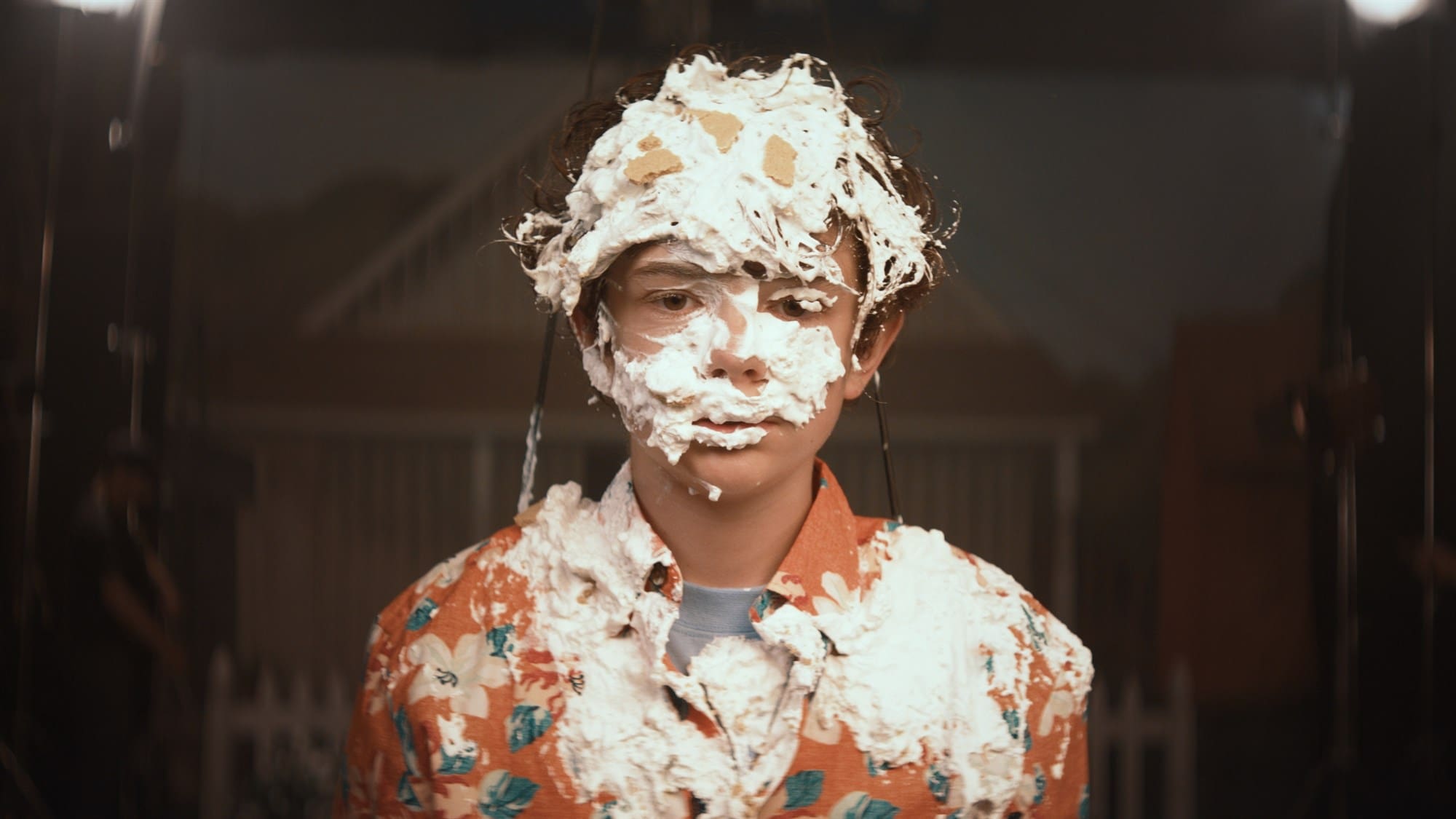
In the early 2000’s, Shia LaBeouf’s potential seemed limitless. After starring on the Disney Channel’s Even Stevens as the goofy younger brother Louis, he seamlessly transitioned to a leading man in films like Disturbia, the Transformers franchise and even a rebooted Indiana Jones. Yet by 2015, when he sat in a New York City theater to watch all of his movies in succession while a camera live-streamed his reactions to the world, he was a joke, another has-been child star whose career was ruined by his own erratic behavior.
Then, it was hard to understand –let alone sympathize– with the artist LaBeouf had become, but the new film Honey Boy puts both the actor and his career into a different perspective. Directed by Alma Har’el from a script written by LaBeouf, it’s essentially a lightly fictionalized version of his life—except with LaBeouf himself playing his father, Jeffrey, called James here. A former rodeo clown and Vietnam Vet whose addictions sabotaged his aspirations of an entertainment career, James is also his son Otis’s (Noah Jupe) guardian and is constantly training him to be a better performer. Whether it’s learning to juggle or running lines over and over, James is relentless or cruel and given that James often rewards Otis for good work with a cigarette, it’s perhaps no surprise that the 2005 Otis (Lucas Hedges) ends up in rehab after yet another drunken car crash.
Though the film begins with the older version of Otis just as his life falls apart, most of the action takes place in 1995, with the younger version. Rather, because the audience already knows what LaBeouf’s real-life downfall looked like, his script smartly restricts scenes of adult Otis to his time in rehab, using them as a constant reminder of how James’s behavior affected Otis longterm. James is, to put it plainly, an asshole. We learn everything we need to know about their relationship from a scene where James takes Otis back to the motel where they live on his motorcycle. Where James wears goggles, a mask and a helmet, Otis wears only a helmet, as if his safety simply isn’t important. When Otis rests his head on his father’s shoulder, James sharply bangs their helmets together to stop him. It’s not the only sign of affection James rejects and he spends nearly every scene gaslighting and verbally abusing his son, constantly transferring his own feelings of inadequacy to Otis.
Considering his father is still alive, it’s shocking to see how cruel LaBeouf makes James seem, but that commitment to the awful truth of his upbringing is part of what makes Honey Boy so impressive. Perhaps one of the most incredible scenes comes when young Otis is forced to mediate an argument between his parents. Unwilling to come to the phone to speak to Otis’s mother, James forces him to relay everything she says to him and vice versa. It’s at first funny to watch Otis perform his parents’ childishness like any other role, but things take a turn for the surreal and scarring once he begins to relay his mother’s accusation that James attempted to rape her. It’s a brutal scene and one that makes it clear why Otis would end up with, as his therapist in rehab suggests, PTSD.
Still, while LaBeouf’s courage in not only performing that scene, but writing it down for a possibly unforgiving public to see is striking, it and the film itself wouldn’t work without Jupe’s performance there and throughout. As LaBeouf’s cipher, he is open and sweet, easily eliciting sympathy in the viewer for the innocent boy damaged by a difficult father. That said, in a climactic fight near the film’s end, when Otis tells his father that he believes all of his good performance instincts come from James, not even Jupe’s affectless performance can quash the sneaking suspicion that LaBeouf is ascribing too much emotional maturity to his younger self. And while that dissonance could ruin the catharsis of that moment, LaBeouf also quickly reveals a clever excuse for it. It would be unfair to reveal that pseudo twist here, but suffice to say it reframes the entire film.
Before Honey Boy reaches its end, it’s easy to interpret LaBeouf’s writing of the script and his performance of it as a way to try to understand his father, to climb inside the skin of the person who hurt him most and try to make him likable to an audience that can see just how abusive he is. While that is certainly a big part of his performance, once the film reaches its end, it’s clear that LaBeouf has already moved on from understanding to forgiveness. And while the film-going public who watched him fall apart may need more time to forgive, it’s hard to deny that his work here is a masterful feat of both self-reflection and performance.

